California Water Board Collects Data on Household Water Debt, Utility Finances
More people are behind on their water bills because of the pandemic. State regulators want to know how many and how far behind.
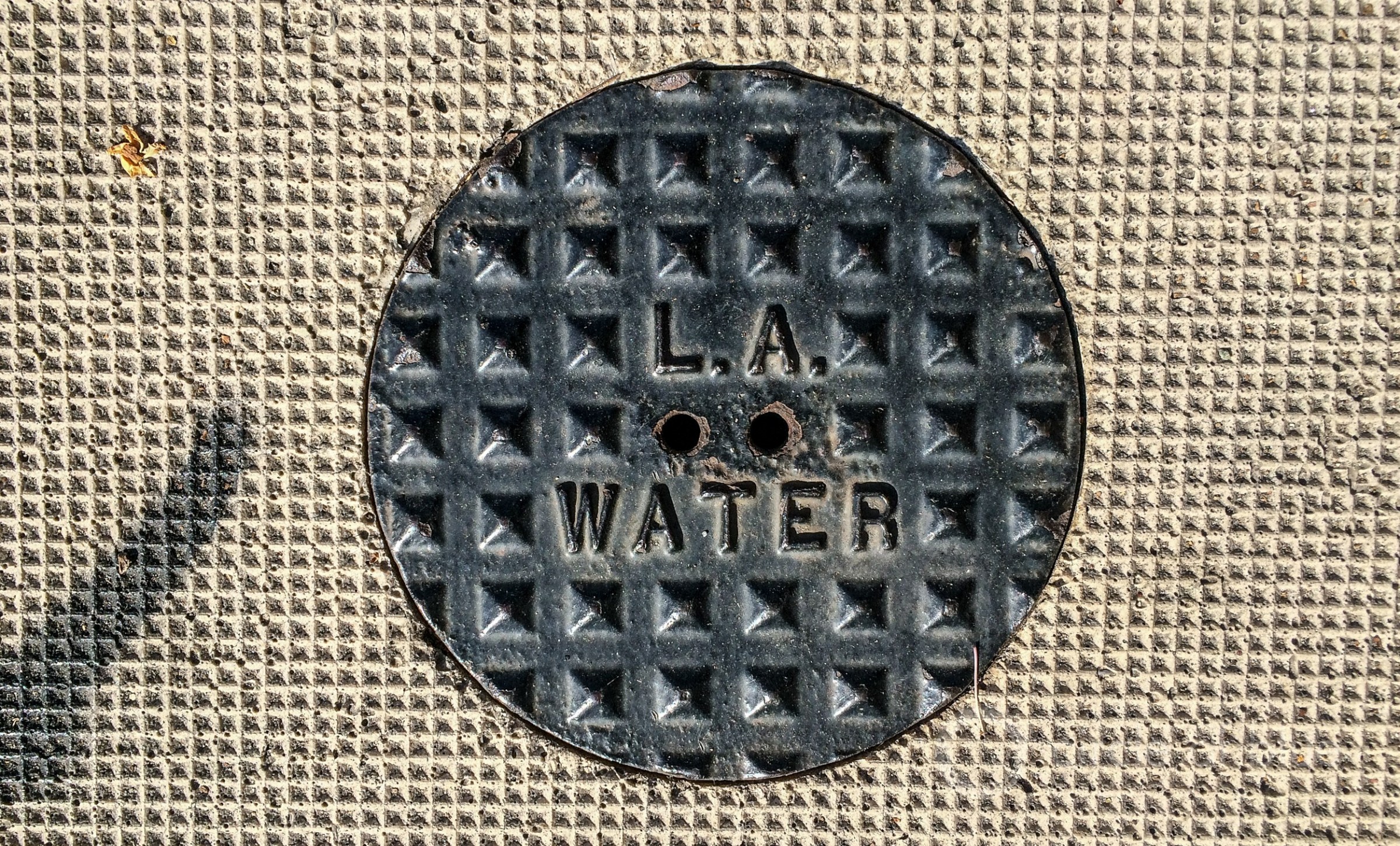
A water meter cover in Los Angeles. Photo © J. Carl Ganter/Circle of Blue
By Brett Walton, Circle of Blue
California regulators sent a survey on Monday to 150 of the state’s largest water providers in an attempt to shed light on the financial fallout from the Covid-19 pandemic.
The State Water Resources Control Board wants to know how economic slowdowns related to the virus have affected utility finances and, at a household level, how many residents have overdue water bills.
The data collection effort came a day before the Legislature’s policy advisory office released a report suggesting that lawmakers monitor these exact issues. The Legislative Analyst’s Office report noted that the pandemic is one of several matters that could complicate the state’s attempt to provide safe and affordable drinking water to all of its residents.
With the survey, the Board hopes to answer a handful of basic questions. For utilities, it wants to know how many are at risk of financial failure in the next year and how much state assistance might be needed to keep them afloat. In addition to the 150 large utilities — those that serve more than 10,000 connections — the Board is surveying a subset of 500 smaller water providers. According to the Legislative Analyst’s Office, smaller systems are more likely to be stressed by revenue losses.
For household-level data, the Board wants to develop a statewide estimate of debt burdens and identify ZIP codes with high debt levels. It also wants to tally the number of households that have overdue bills and those that have received extra time to repay their debt.
The survey has high-level backing. A state lawmaker and members of Congress had written letters to the Board in October, urging it to collect and analyze the data.
Household water debt is widespread in the United States, but it varies significantly among utilities. A Circle of Blue investigation that was published in August found that 1.5 million households in a dozen large U.S. cities were behind on their bills. Collectively, they owed $1.1 billion to their water departments.
Those data were collected before the pandemic, but circumstances have now changed. The national unemployment rate has nearly doubled. Many utilities were ordered not to shut off water to households as a way to keep water flowing during a public health crisis. California Gov. Gavin Newsom halted water shutoffs in April.
Because of the job losses and water shutoff suspensions, past-due balances have continued to grow. A study from North Carolina looked at data from nearly 90 utilities at the end of July. The researchers found that a few more households in the state were behind on their bills, but those that were behind had fallen much deeper into debt.
What is the status in California? The answer will take several months. The Water Board expects to release its findings on January 5, 2021.
Brett writes about agriculture, energy, infrastructure, and the politics and economics of water in the United States. He also writes the Federal Water Tap, Circle of Blue’s weekly digest of U.S. government water news. He is the winner of two Society of Environmental Journalists reporting awards, one of the top honors in American environmental journalism: first place for explanatory reporting for a series on septic system pollution in the United States(2016) and third place for beat reporting in a small market (2014). He received the Sierra Club’s Distinguished Service Award in 2018. Brett lives in Seattle, where he hikes the mountains and bakes pies. Contact Brett Walton

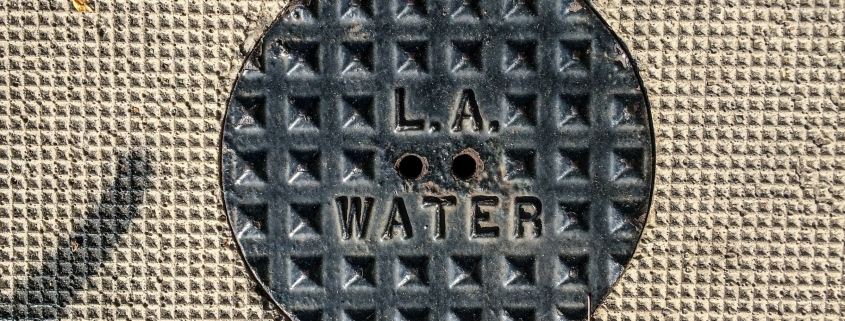

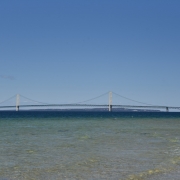


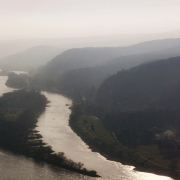
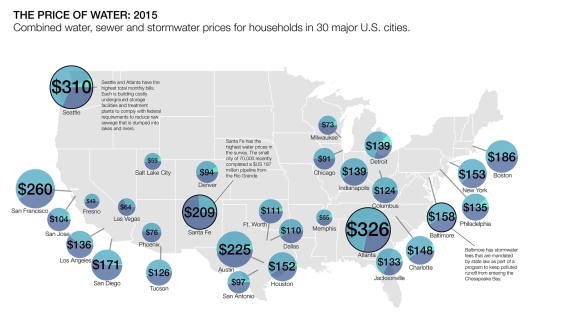




Leave a Reply
Want to join the discussion?Feel free to contribute!